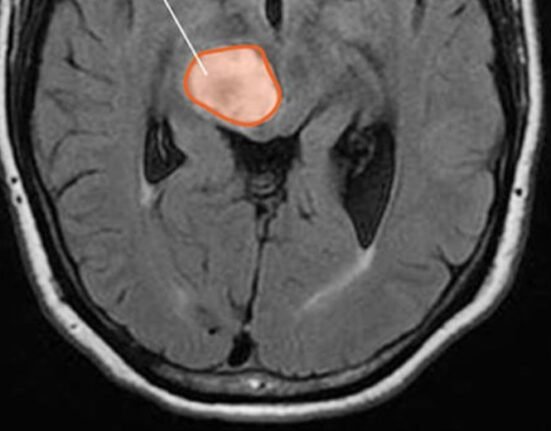HQ Team
June 18, 2024: AstraZeneca’s end-stage experimental trial to treat a certain type of breast cancer failed to meet its dual primary goals, according to a statement.
The global trial enrolled 923 adult patients with histologically confirmed locally advanced or metastatic triple-negative breast cancer.
The trial had dual primary endpoints of overall survival in the patient population and in a population of patients whose tumours have qualifying alterations in specific pathways.
The investigational trial “did not meet the dual primary endpoints of improvement in overall survival versus paclitaxel in combination with placebo in either the overall trial population or in a subgroup of patients with tumours harbouring specific biomarker alterations.”
Diagnostic pathways
From a laboratory point of view, diagnostic pathways represent “smart” test profiles, which – in contrast to conventional (inflexible) profiles – are not necessarily worked off completely, but just to a point, where a diagnostic decision can be made.
This improves the cost-effectiveness of laboratory testing and makes sure that no essential tests are missed.
The phase III trial for Truqap or capivasertib in combination with paclitaxel in patients with locally advanced (inoperable) or metastatic triple-negative breast cancer was broadly consistent with the known safety profile of each medicine with no new safety concerns identified.
“Despite modest advances, triple-negative breast cancer remains one of the most challenging forms of disease to treat due to the lack of known actionable biomarker targets, and chemotherapy-based regimens continue to be the mainstay of treatment,” said Peter Schmid, principal investigator for the trial.
Second most common cancer
Breast cancer is the second most common cancer and one of the leading causes of cancer-related deaths worldwide.
While some breast cancers may test positive for estrogen receptors, progesterone receptors or overexpression of human epidermal growth factor receptor 2, metastatic triple-negative breast cancer is defined as negative for all three.
While AstraZeneca was “disappointed in the outcome, these results will further our understanding of the role of the PI3K/AKT pathway in breast cancer as we continue our clinical research across the Truqap clinical development programme and our pipeline,” said Susan Galbraith, Executive Vice President, Oncology R&D, AstraZeneca.
“We are committed to advancing science for patients in some of the most challenging cancers, including this heterogeneous subtype of breast cancer.”
Truqap was discovered by AstraZeneca after a collaboration with Astex Therapeutics and its collaboration with the Institute of Cancer Research and Cancer Research Technology Limited.








